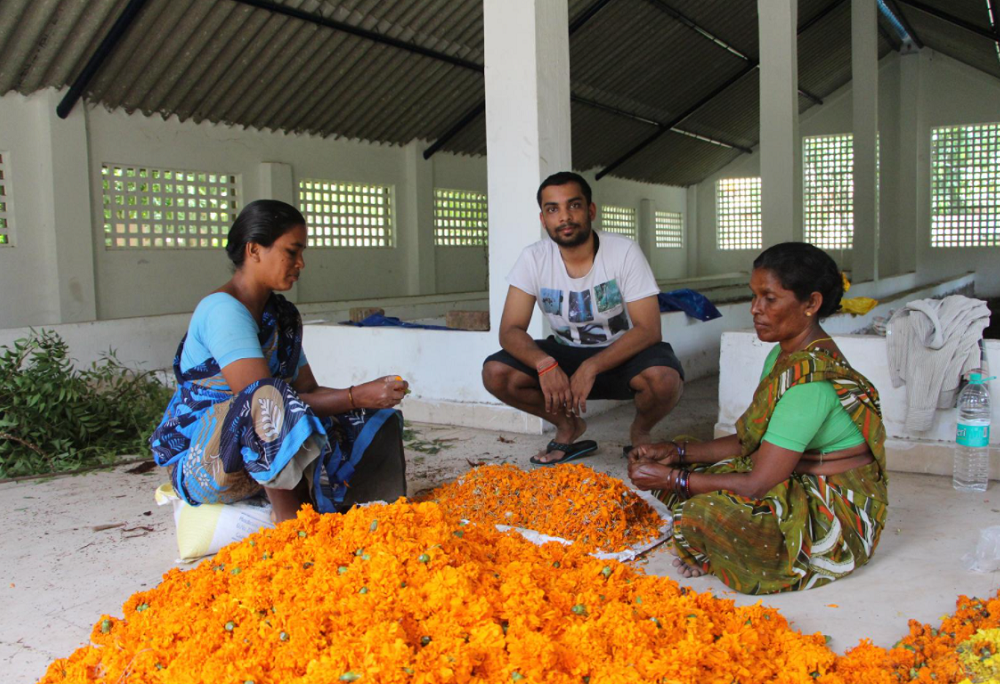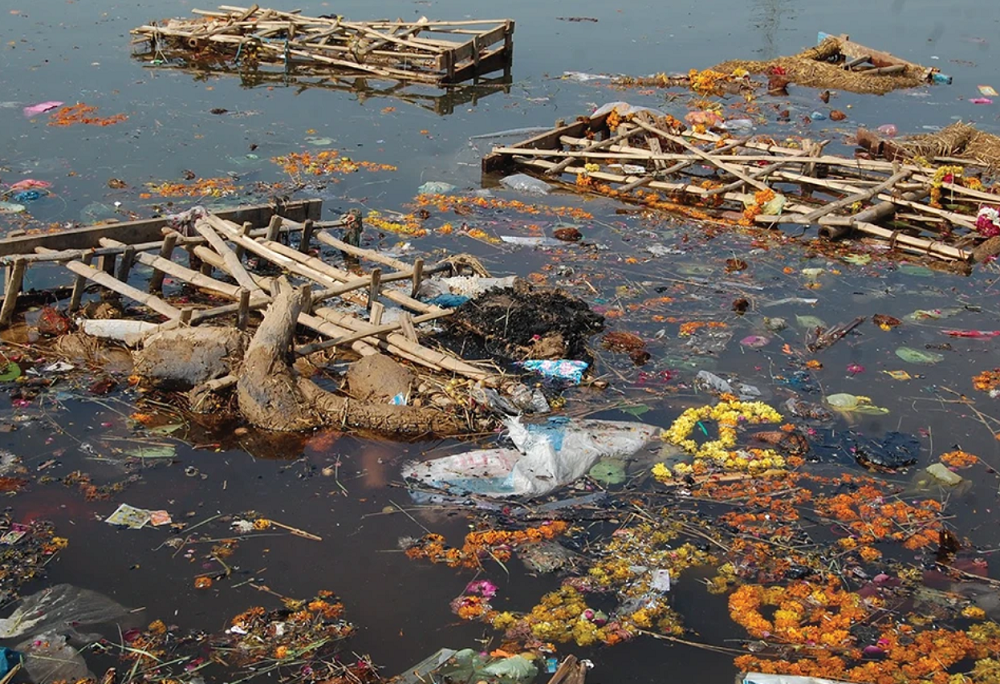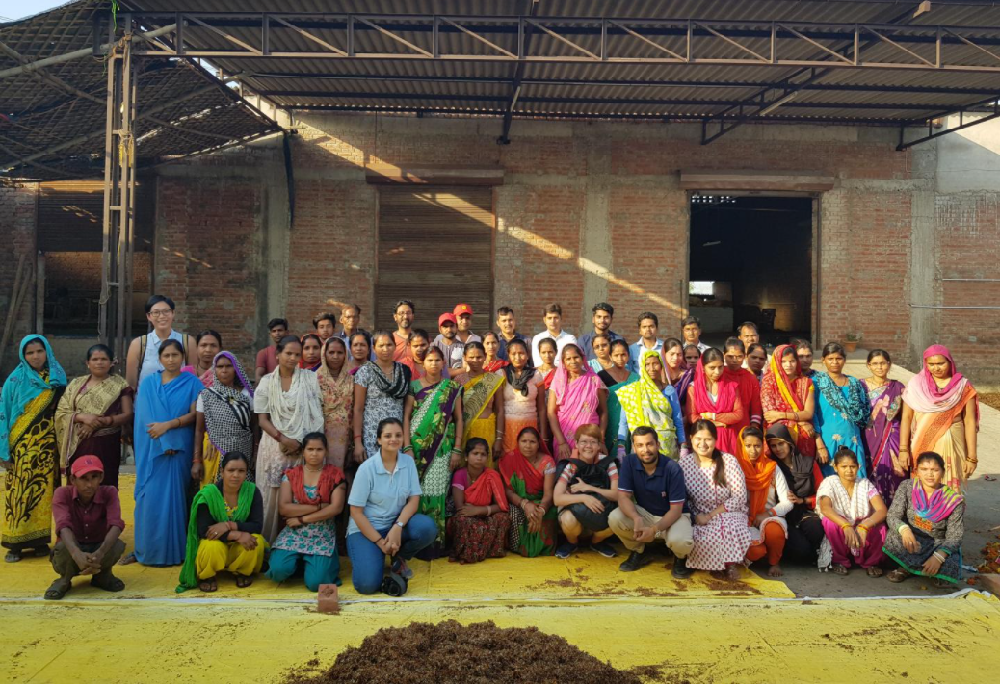Project Facts
Location
India
Kanpur, Uttar Pradesh
Project Volume
10.000-100.000 EUR
Applied Financing Solutions
Grants, Private Equity
Project Dates
Start: 2017
In operation since/from: 2017
The Story
India is a land of multiple faiths, innumerable temples and countless devotees, a country where the gods are worshipped with flowers and herbs. The floral waste generated in the process is considered sacred and can be dumped only in rivers. This has led to major pollution and havoc in the river bodies of India. The story of PHOOL started around one such riverbed of Ganges, a source of livelihoods for millions of Indians.
Sitting by the riverbed of Ganges, Ankit was appalled and aghast to see innumerable devotees taking a bath and drinking from the water he wouldn't even want to touch. While his heart ached to do something to rectify the damage, he shrugged it off thinking it was too big a problem for an individual to solve. Right around this time he saw a truck dump innumerable flowers in the river. Observing the multicoloured flowers leave their colour he could see thin oily film formed on top of the mulch. This sequence of events led him to a question - Had human faith turned against Nature?
Ankit's research led him to the shocking insights, floral waste is a 800 million ton problem in a country of a billion. Pesticide insecticide laden flowers not just fuel river pollution but wreck havoc affecting the flora fauna.
Phool has come up with what it reports is “the world’s first profitable solution” to the monumental temple waste problem: flowercycling. Now Phool works with local women to collect the flowers from the rivers and then upcycles them into compost and useful products such as incense sticks, soap, and vegan leather goods.
Success Factor | Hero Moment
Temples trusting us with sacred flowers to women flowercyclers who joined us on our journey have aided the growth of the organisation. In a country where traditions still dictate ways of working being able to convince and take both of these stakeholders together has been the primary reason we've been able to translate our work into environmental and social impact. PHOOL's journey started with flowercycling 2kgs of floral waste and now flowercycles >3 tons of flowers daily employing more than 80 women.
Submitter
KANPUR FLOWERCYCLING PRIVATE LIMITED, India
Contact Mail
hello@phool.co
Website
www.phool.co


Keywords
Upcycling, Job Creation


